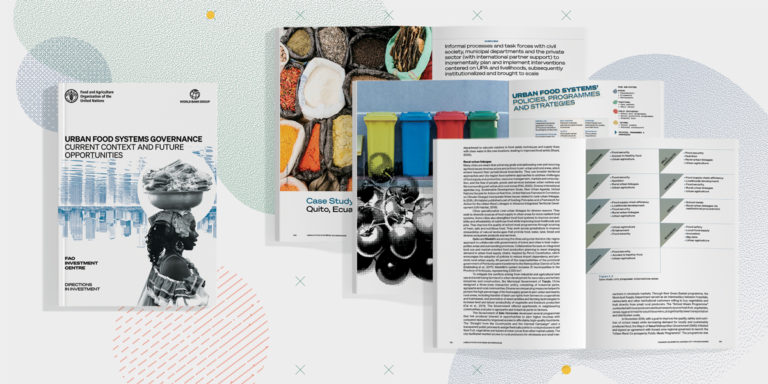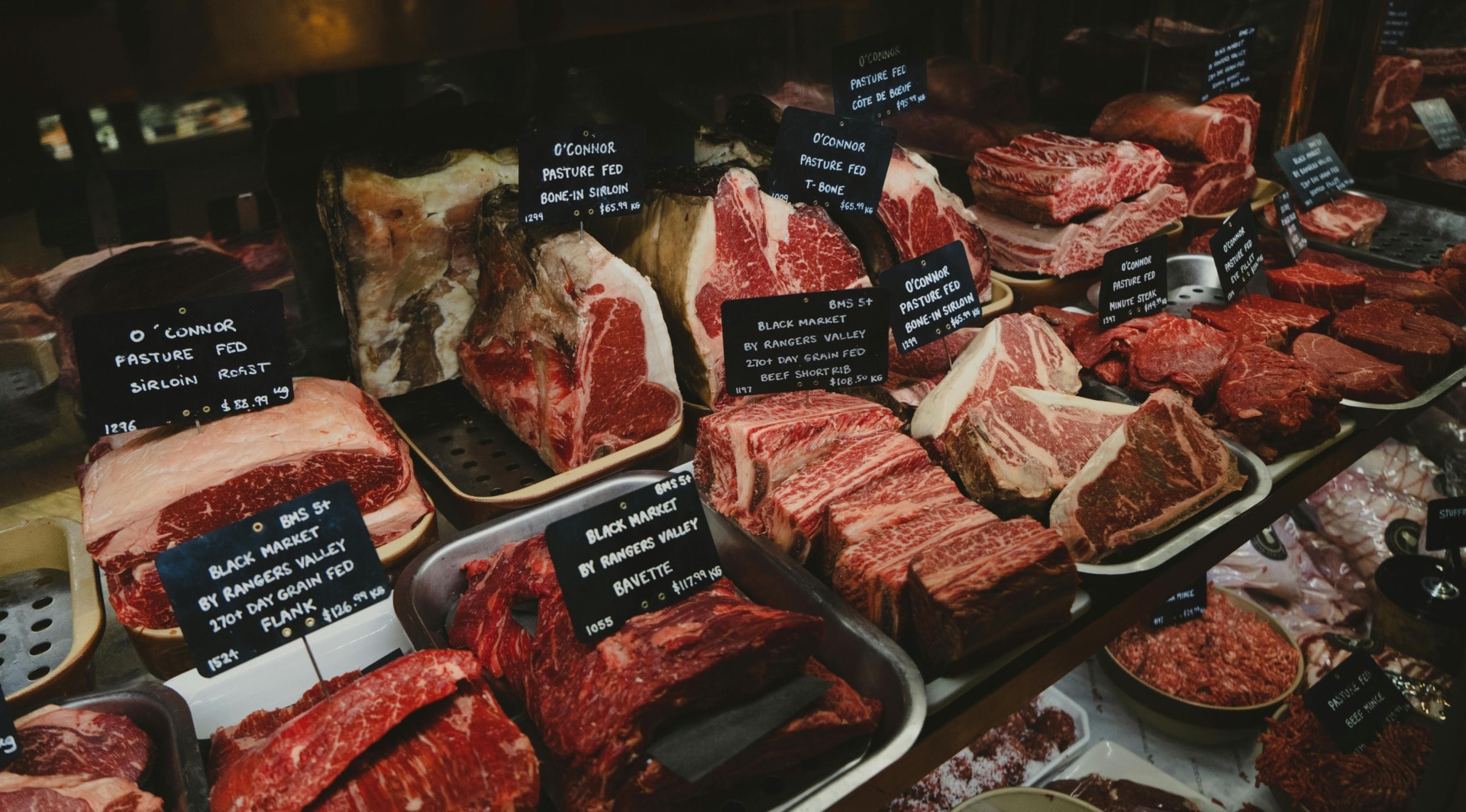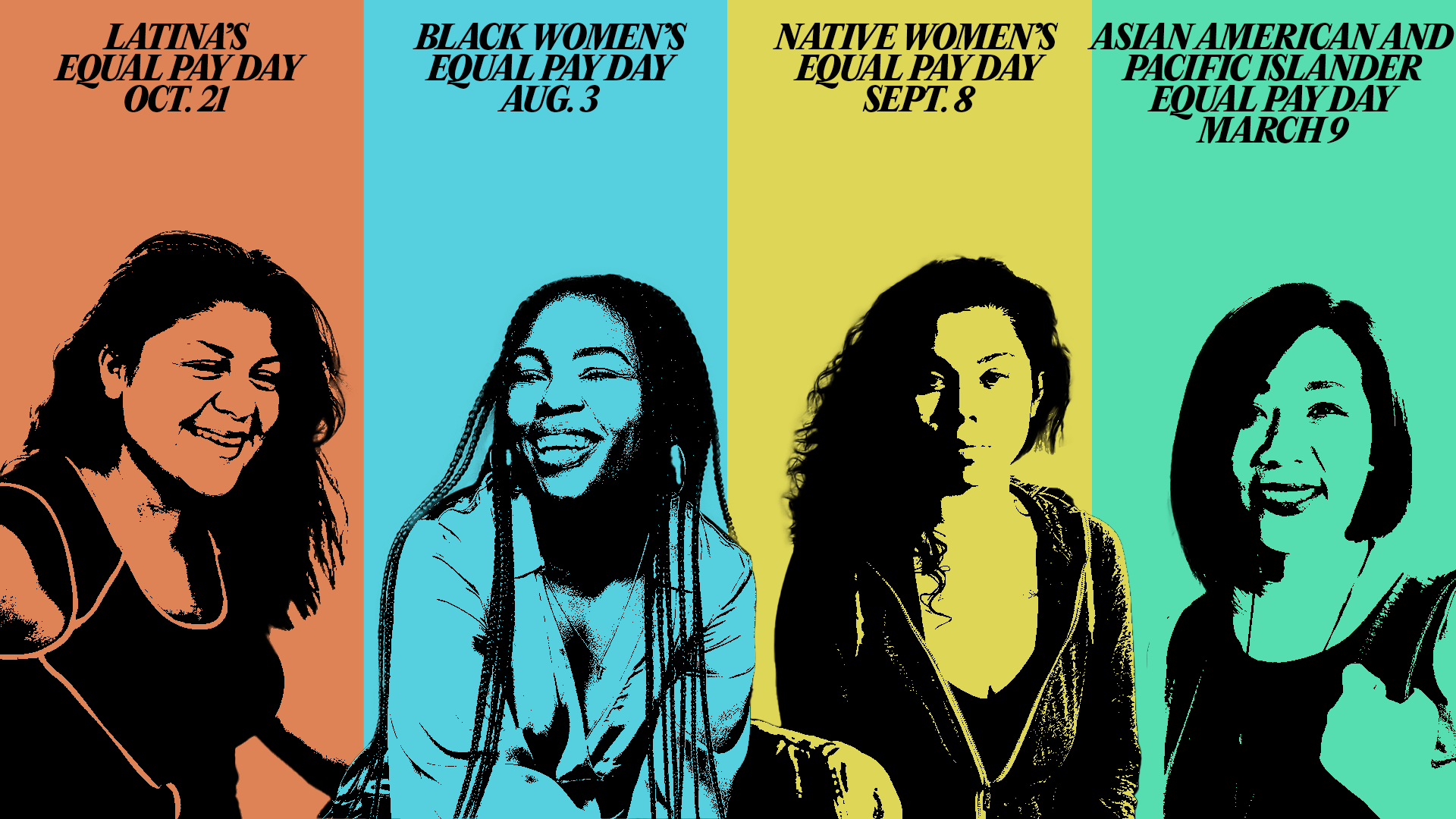New World Bank/FAO Report Looks at Urban Food Systems Governance
Evolving food preferences, rising malnutrition, public health concerns, rapid urbanization, climate change and crises like COVID-19 are shifting how countries think about food systems.
With over two-thirds of the world’s population destined to live in urban areas by 2050, cities across the world are stepping up their engagement in food and agriculture, finding innovative ways to address challenges and seize opportunities in rapidly evolving food systems.
Urban food systems governance: current context and future opportunities, a new report from the World Bank and the Food and Agriculture Organization of the United Nations (FAO), looks at how nine cities – Baltimore, Belo Horizonte, Lima, Medellín, Nairobi, Quito, Seoul, Shanghai, Toronto – are tackling emerging food issues.
It explores different entry points, governance approaches, investment opportunities and policy solutions. And it shows how local governments are teaming up with civil society and the private sector, as well as provincial and national governments, to create more inclusive, sustainable, nutritious and efficient urban food systems.
“At a time of rapid urbanization, it’s critical that we pause and learn from past experiences to set up cities for success. City leaders have an opportunity to shape food systems that deliver on the aspirations of all citizens for healthier lives, vibrant economies and a clean environment,” said Julian Lampietti, Practice Manager, Agriculture and Food Global Practice, World Bank.
Good Governance and Partnerships
Cities are dealing with complex issues – from having to keep food supply chains and urban markets alive, to investing in critical food systems’ infrastructure, to protecting jobs and livelihoods, to tackling diet-related disease and managing food waste, to name a few.
“The pressure on cities to provide people with safe, affordable and nutritious food in a sustainable and resilient manner, while also creating jobs, is increasing,” said James Tefft, an FAO senior adviser and one of the report’s authors.
Good governance – key to cities’ success – requires collaboration across sectors and with diverse actors. Many cities are also working through international networks like the Milan Urban Food Policy Pact, ICLEI, C40 and UCLG.
“Governance is important because it conditions how cities are able to address these complex issues. Cities operate in a dynamic environment involving multiple departments in city government and diverse groups of civil society and private sector actors who are really engaged in the process. You see this convergence between specific problems that need to be addressed, political will and policy and investment solutions,” Tefft said.
Taking the Lead
Although cities are increasingly taking the lead in developing sustainable food systems, their engagement in urban food issues is relatively new.
And their entry points and governance approaches are diverse.
The US city of Baltimore moved beyond traditional food interventions to address critical food problems in its urban areas. Tax incentives, for example, encourage modern supermarkets to invest in neighbourhoods lacking fresh fruits and vegetables.
Seoul’s universal, eco-friendly and free school feeding programme is one of the flagship programmes developed by the city in collaboration with national, provincial and local governments in Korea.
Related Articles: Why We Need Circular Food Systems and What Cities Can Do About It | U.S. Food System Needs Significant Changes to End Hunger
In Quito and Toronto, civil society groups have a long history of advocacy and community organization, successfully driving change around issues in the food system.
Quito’s local city government has been working with community organizations since 2002 to run AGRUPAR, an urban agriculture project designed to improve the food security and quality of life of the city’s residents.
Alexandra Rodríguez Dueñas, Head of AGRUPAR, said the project has moved beyond simple home gardens to a full-fledged urban agriculture project that incorporates different components, including “production, innovation, commercialization, access to credit and adaptation to climate change and has led the process of creating public policy for Quito, the first one around food.”
She pointed out that the participatory approach and sense of shared responsibility have increased the project’s sustainability, adding that the COVID-19 crisis has highlighted “the need for greener, more resilient cities with a stronger social fabric built around the model of urban agro-ecology.”
Bigger Picture
Urban food systems, which have impacts beyond food, and with a reach extending beyond urban and peri-urban areas, are critical to achieving the 2030 Sustainable Development Agenda.
Understanding how these systems function and connect to the broader economy, society and rural areas is more crucial than ever.
There is no one-size-fits-all approach to urban food systems governance. Cities must navigate the political economy to customize their choices and interventions to local circumstances, priority problems and economic and investment opportunities.
But by providing insight on how different cities are designing policies and programmes and managing governance processes to resolve concrete problems, this report can inspire the future investment and policy activities of international financing partners and decision-makers working on urban issues.
— —
Editor’s Note: The opinions expressed here by Impakter.com columnists are their own, not those of Impakter.com — In the Featured Photo: A woman walking in the left image; a blueberry in the right image. Featured Photo Credits — Left Photo: ©Unsplash/JJ Ying. Right Photo: ©Unsplash/Michael Dziedzic.















